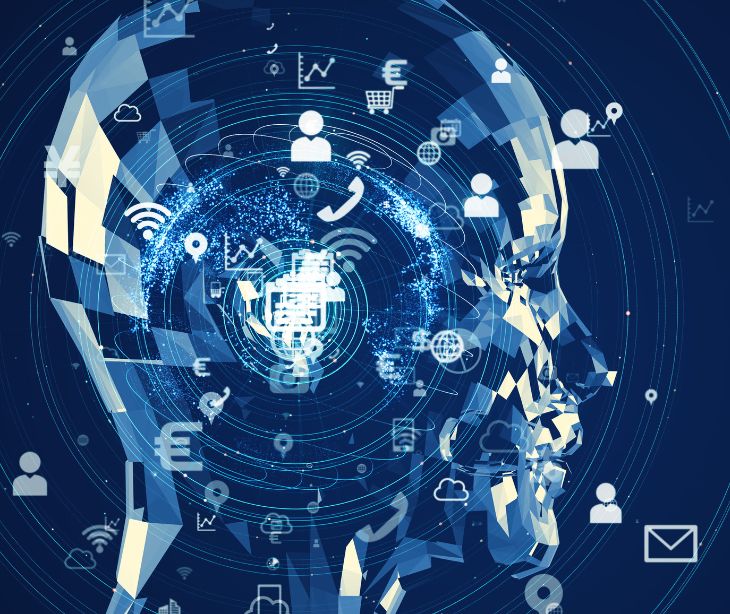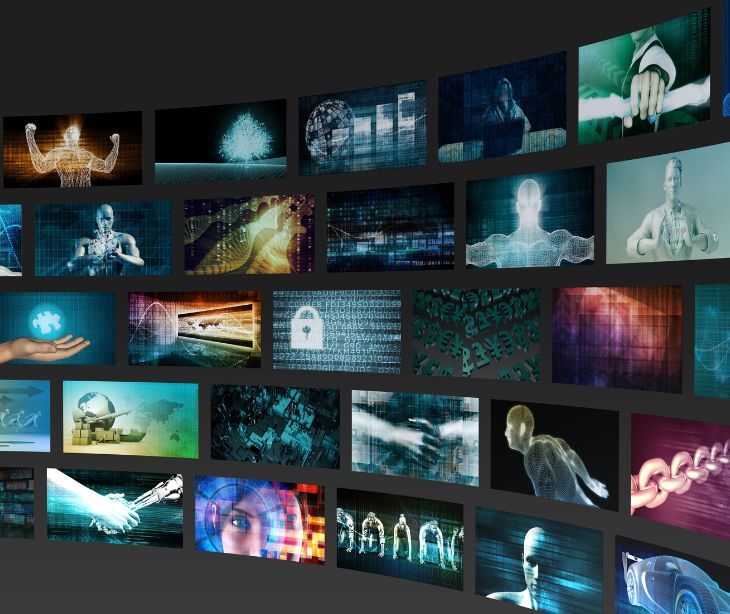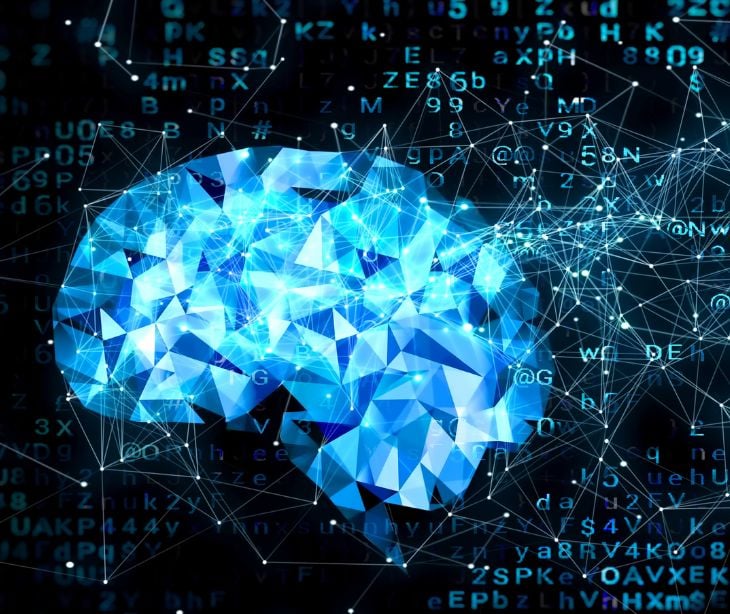
Deepfakes, synthetically generated digital images and videos, often have negative connotations. However, deepfakes have shown potential for beneficial applications in the healthcare industry. From improving the accuracy of AI algorithms to addressing data privacy concerns, deepfake technology has the power to revolutionize healthcare practices.
Understanding the technology behind deepfakes
Deepfakes rely on generative adversarial networks (GANs). A GAN consists of two deep neural networks: a generator and a discriminator. During training, the generator produces a mix of real and synthetic images, while the discriminator classifies each image as real or fake. As the GAN receives more training data, both the generator and discriminator become more accurate, leading to a balance between generating realistic images and distinguishing them from genuine ones.
Enhancing AI accuracy with synthetic images
Training digital systems to identify tumors or abnormalities in medical images can be challenging due to the need for more positive training samples. This limitation can affect the accuracy of AI algorithms when deployed in real-world scenarios.
Using synthetic images addresses the challenge of limited positive training data and helps create more generalized AI algorithms. With synthetic images, healthcare professionals can train AI systems to recognize a wider range of abnormalities, leading to more accurate diagnoses and treatment plans.
Overcoming data privacy challenges
Protecting patient privacy is a top priority in healthcare. Data privacy laws often make it challenging to obtain a diverse range of genuine medical images that can be shared without compromising patient identification. Synthetic images offer a promising solution to this challenge. Researchers can ensure data sharing between research groups while protecting individual identities by generating realistic synthetic data that mimics specific populations.
Deepfakes for improved physician empathy
Beyond clinical images, deepfake technology can also be applied to improve physician empathy. Researchers at Taipei Medical University in Taiwan used an existing facial emotion recognition system to create videos that morphed the facial features of actual patients. The goal was to enhance physicians' ability to interpret facial expressions while safeguarding patient privacy.
The facial emotion recognition system analyzed the videos and provided feedback to the doctors, reminding them to adjust their behaviors according to the patient's emotional states. This approach tried to create a more empathetic environment where patients felt understood and supported. The study achieved a mean detection rate of over 80% on real-world data, showcasing the potential of deepfakes in enhancing patient-doctor interactions.
The future of deepfakes in healthcare
While the real-world deployment of deepfakes in healthcare is still limited, the potential for their widespread use is promising. As interest in deepfake technology grows and compute resources become more economically viable, we can expect to see a wider adoption of GAN-based applications in the healthcare industry.
Deepfakes have the potential to revolutionize medical imaging, improve AI accuracy, protect patient privacy, and enhance physician-patient interactions. As technology advances, we may witness deepfakes becoming an everyday tool in healthcare, seamlessly integrated into various aspects of patient care and medical research.
FAQs
What are some potential benefits of deepfakes in healthcare?
Deepfakes can generate synthetic medical data, which can help train AI algorithms without exposing real patient information, improving accuracy and protecting patient privacy.
How can deepfakes improve AI algorithms in healthcare?
Deepfakes can create realistic medical images or videos for training AI models, allowing them to recognize diseases and conditions more accurately without relying solely on limited or sensitive real-world data.
Can deepfakes help with data privacy in healthcare?
Yes, deepfakes can generate synthetic patient data that maintains the integrity of healthcare information without using actual patient details, reducing the risk of privacy violations.
How are deepfakes used for medical education and training?
Deepfakes can simulate medical procedures or patient conditions, offering realistic training scenarios for healthcare professionals without needing live patients, and enhancing educational tools.
What are the ethical considerations for using deepfakes in healthcare?
While deepfakes have beneficial applications, they need to be used responsibly, avoiding manipulation or misinformation, and maintaining transparency in their application to protect patient trust and ethical standards.
Subscribe to Paubox Weekly
Every Friday we bring you the most important news from Paubox. Our aim is to make you smarter, faster.




